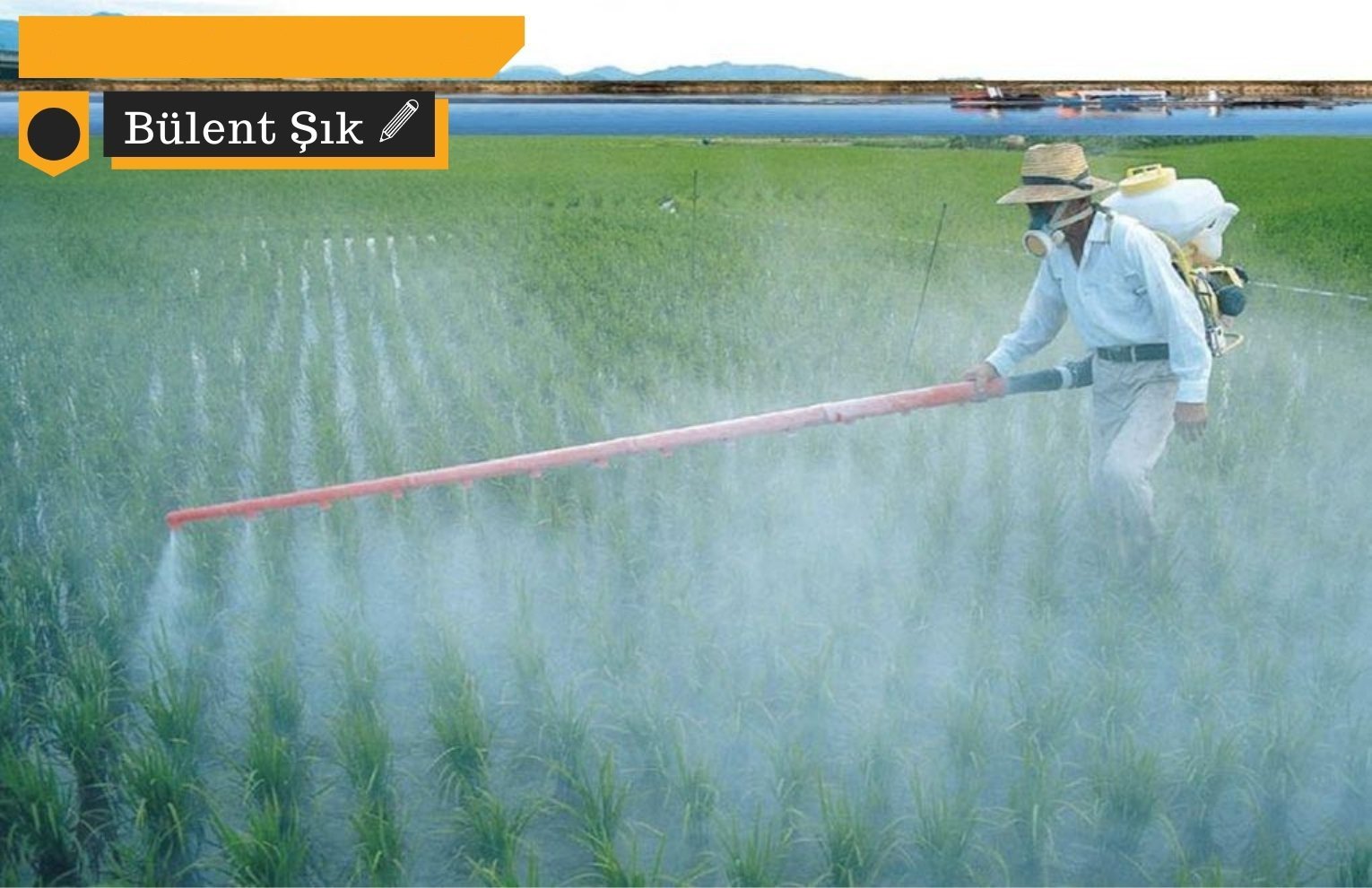Click to read the article in Turkish
Pesticides are categorized into various groups based on the hazardous chemicals that are used in agricultural production and based on the similarities in their chemical structures such as containing chlorine, phosphorus, carbamate or neonicotinoids.
Neonicotinoids include seven pesticides (Imidacloprid, Acetamiprid, Thiacloprid, Dinotefuran, Nitenpyram, Thiamethoxam and Clothianidin).
Five of these neonicotinoid pesticides (Acetamiprid, Clothianidin, Imidacloprid, Thiacloprid and Thiamethoxam) were used in agriculture in our country for years. However, some restrictions were imposed on the use of these pesticides in our country as in the case of various other countries.
Neonicotinoid pesticides do great harm to flying insects; it is especially considered to be one of the major factors leading to mass deaths of bees. In 2018, several NGOs, together with Greenpeace, ran a campaign in our country to raise concerns and publicity about the importance of this issue and to call for an end to the use of neonicotinoids in Turkey.
The Ministry of Agriculture and Forestry imposed some restrictions on the use of neonicotinoids in Turkey as of December 19, 2018. In an official statement released by the ministry, it was indicated that the use of pesticides containing Acetamiprid active substance would continue, the use of Clothianidin would be banned, Thiamethoxam would be used only in greenhouses and on seeds and Imidacloprid could be used in seedling cultivation in addition to greenhouse and seeds.
Moreover, it was further noted that the pesticide called Thiacloprid was being evaluated by the European Union (EU) because of its impairing effects on endocrine system, its use would continue till April 30, 2019 and, after this date, it would be decided whether to continue using this pesticide or not based on the decision to be taken by the EU.
The officials of the ministry also announced that these decisions would be reviewed in December 2020.
What happened one year later?
The Ministry of Agriculture and Forestry made a statement on December 31, 2019 and announced that the decisions pertaining to the use of neonicotinoid pesticides from a year ago were reviewed.
The most significant change in comparison with the previous year was the ban imposed on the use of Clothianidin.
However, there is an important point that gets my attention.
In 2018, it was announced that the decision as to the use of pesticides containing Thiacloprid active substance, which has an impairing effect on endocrine system, would be made in April 2019; however, I have come across no decision about it on the website of the ministry.
The EU has banned it
In a decision dated January 15, 2020, the European Union has banned the use of Thiacloprid. It is indicated that its use has been banned because it has a high potential of contaminating groundwater and shows negative effects on the reproductive health of humans.
Not to mention how major a problem water pollution is...
Health problems such as impaired fertility, semen abnormalities, miscarriages and congenital anomalies can be cited as examples of negative impacts caused by this toxic substance on humans' reproductive system.
It is, therefore, safe to say that the ban is imposed on the use of this substance on the basis of very important grounds.
Even though it has been four months since the European Union decided to ban Thiacloprid, the Ministry of Agriculture and Forestry of Turkey has not yet introduced any regulations about it.
When you enter the website of the ministry, - as you can also see on the picture above - the use of Thiacloprid is still allowed in various foodstuffs, especially melon, pepper, tomato, pomegranate, peach and cherry.
The Ministry of Agriculture and Forestry is obliged to announce why this agricultural poison called Thiacloprid, which pollutes the water and impairs reproductive health, is still used in our country and why it is not yet banned.
Or does Thiacloprid, which pollutes the groundwater and shows adverse effects on humans' reproductive health in the European Union countries, not show the same negative effects in Turkey?
-------------------------
NOTE: The ones who want to get more detailed information about pesticides and do something about is can visit No Pesticides on My Plate (http://zehirsizsofralar.org/english/) and those who know Turkish can use the below guides.
Zehirsiz Sofralar Üretici Rehberi (a guide for producers in Turkish)
Zehirsiz Sofralar Tüketici Rehberi (a guide for consumers in Turkish)
About Bülent ŞıkFood Engineer. In his PhD studies, he specialized in the development of environmentally friendly methods of analysis. He worked for several laboratories operating as part of the Ministry of Food, Agriculture and Livestock. In 2009, he started working as lecturer at the Akdeniz University and took active part in the establishment of its Food Security and Agricultural Research Center. From 2010 to 2015, he was the Technical Deputy Director at the same center. While he was working as a lecturer at the Department of Gastronomy and Culinary Arts, he was discharged as per the Statutory Decree no. 677 on November 22, 2016. |
(BŞ/DB/SD)





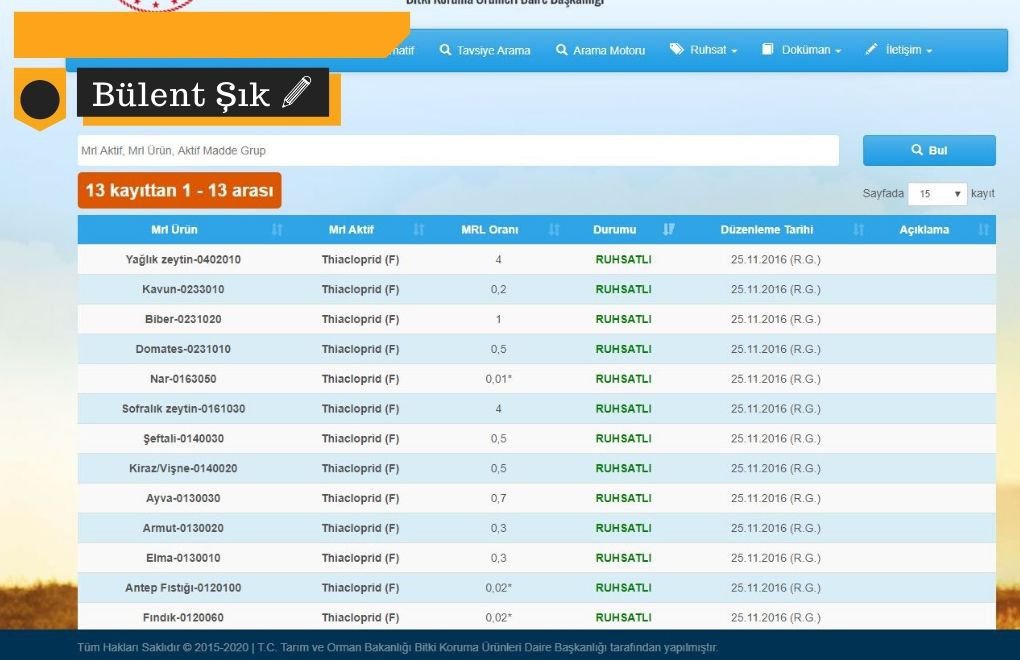
sa.jpg)
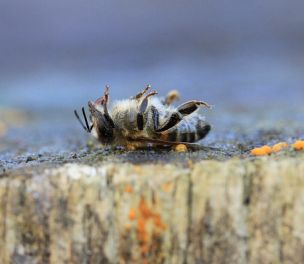

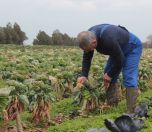
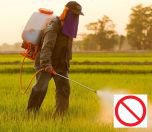
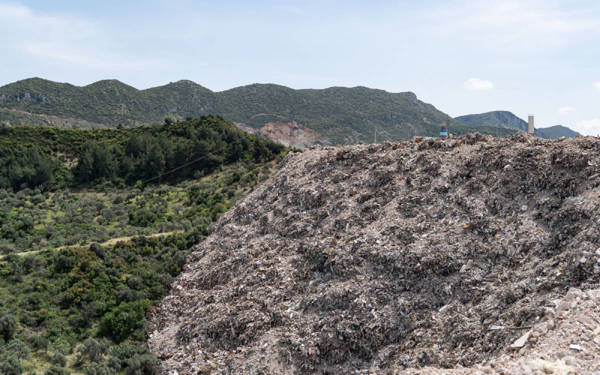
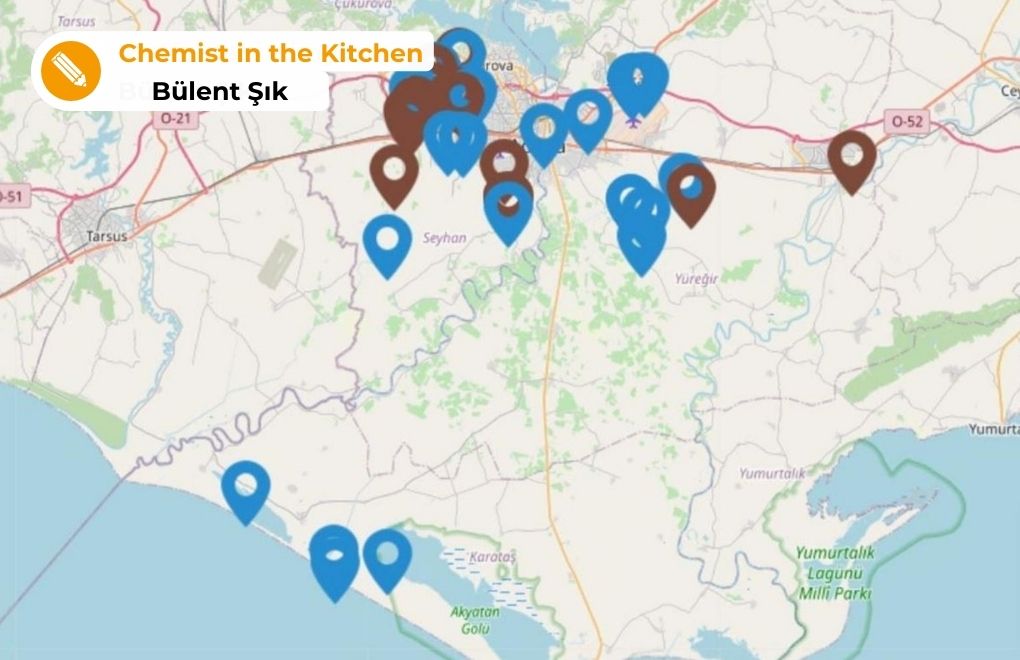

.jpg)
